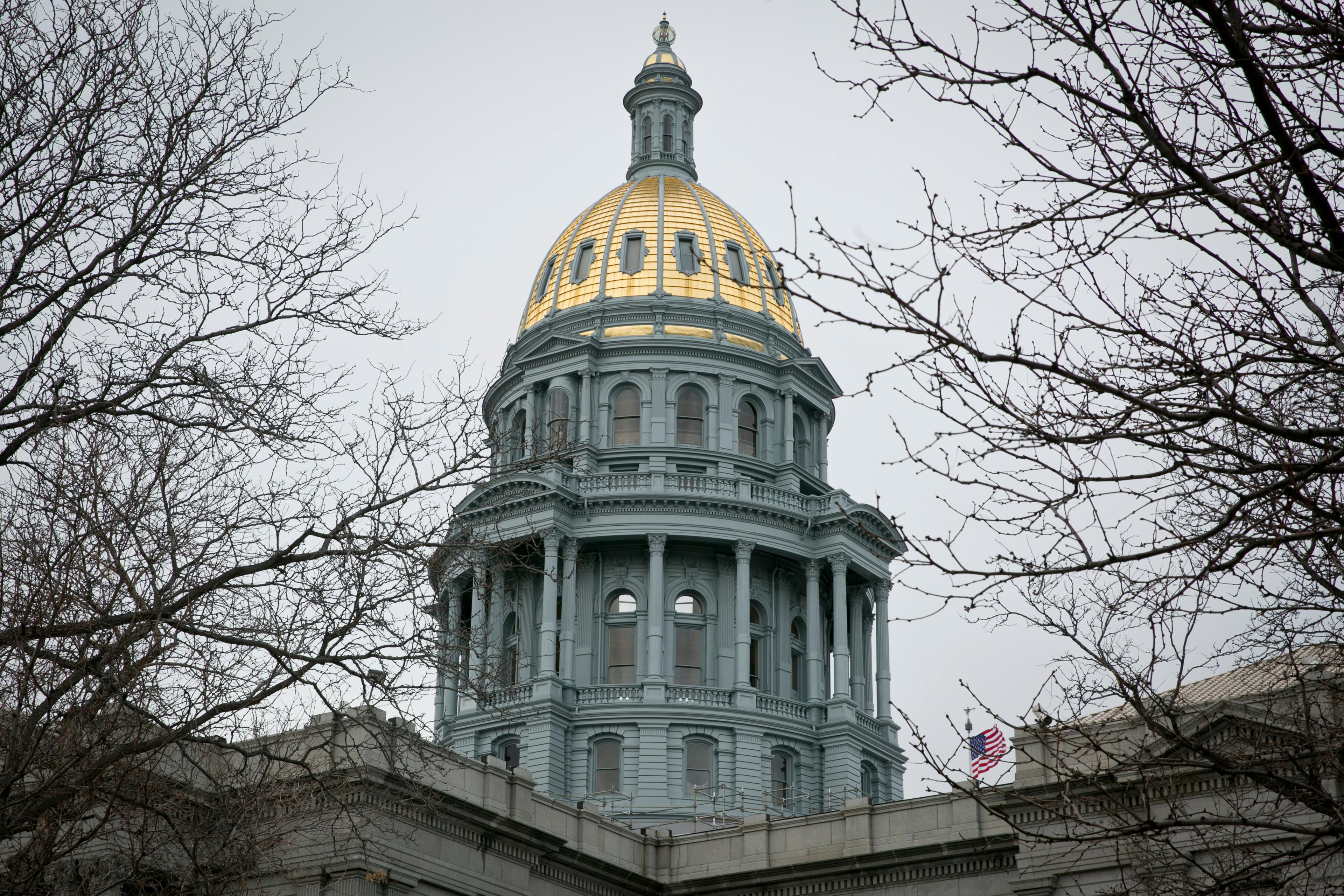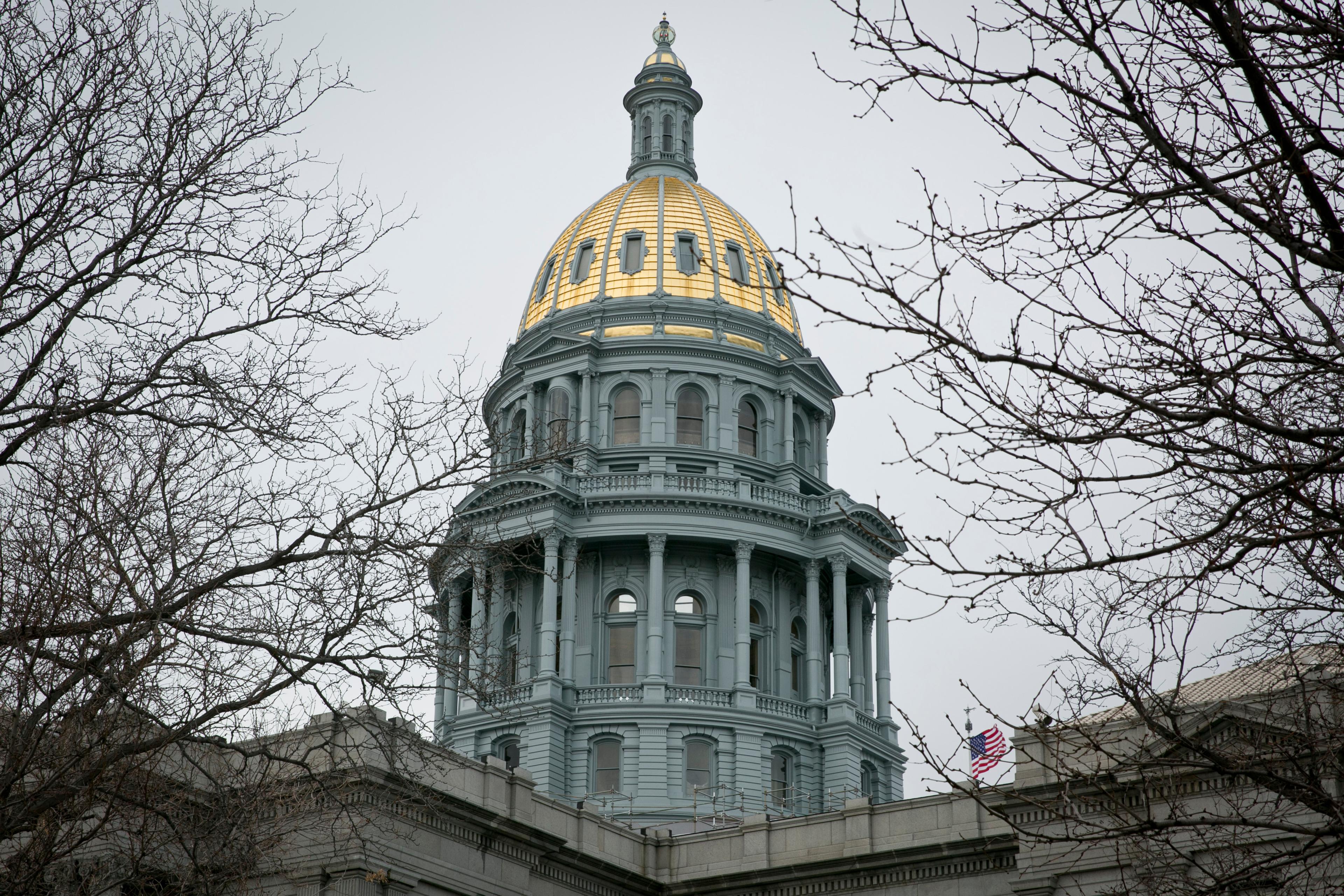

The special session is done.
Colorado lawmakers ended two days of work without any legislation to show for it. The session, which gaveled in Monday morning and out by Tuesday afternoon, was marked by squabbling between the Republican-led Senate and Democrat-controlled House.
Lawmakers were back to fix a bill-drafting error costing special districts millions of dollars a year in expected recreational marijuana sales taxes.
“I don’t believe anybody is here to punish any entity,” said Senator Randy Baumgardner as he called for the motion to block the bill.
The Regional Transportation District is losing $560,000 a month. The Scientific and Cultural Facilities District — which funds organizations like the Denver Art Museum and the Denver Zoo — is out about $56,000 a month. The error has affected seven other hospital districts, regional transit agencies and housing authorities across the state.
The mistake occurred at the end of the last legislative session, as lawmakers rushed to complete a major bipartisan compromise designed to stabilize the state budget. Toward that end, it combined two state-level marijuana taxes into a single larger tax. The move inadvertently prevented special districts from collecting their own sales taxes on marijuana.
Gov. John Hickenlooper called the session at the request of the affected agencies. During a Monday press conference, he said he expected the session to result “in a bipartisan solution since everyone agreed this was a mistake.”
Republicans protested loudly when the governor first ordered a special session in September, saying they were given little notice or input, and continued blasting the Democratic governor for a special session they called wasteful and unnecessary.
Republicans also held that reinstating the lost revenue amounted to a tax hike under the Tax Payer’s Bill of Rights. In their analysis, only voters had the constitutional power to correct the mistake.
In response, Democratic state Sen. Rachel Zenzinger, who sits on the committee that killed the bill, held more than a dozen laws where she said the legislature had dealt with similar tax exemptions. She insisted Colorado courts disagreed with the Republican logic for opposing the fix. “We have the authority to do this,” she said.
Whether or not they had the authority, other Republicans question whether the situation merited an urgent fix during a special session. For evidence, they looked to testimony from RTD General Manager Dave Genova, who could not name specific service cuts that would result from the shortfall.
“It seems like we really didn’t need a special session,” said Sen. Randy Baumgardner. “We could have waited until the regular session to fix this.”
None of the leaders of affected agencies said they plan to make cuts right now to programs including transit, housing and museums and the arts, acknowledging that the money is a fraction of most organizations’ budgets. But leaders said that could change in the coming months.
“We’re talking impacts to real Coloradans,” said Democratic House Speaker Crisanta Duran in a statement. “The Summit County worker who’ll have a harder time finding an affordable apartment. The Lakewood retiree who needs the bus to get to the grocery store and the doctor. The voters have asked for these services and it’s unfortunate that this unintended omission will continue to have impacts for Coloradans.”
Lawmakers will revisit the issue when they reconvene for the official session in January.
“The three months between now and January give us the time we need to work through issues that were impossible to resolve in a surprise special session,” Republican Senate President Kevin Grantham said in a statement. “We agree that finding a solution to the bill-drafting mistake is possible and we regret any hardships the glitch may be causing in some of the special districts.”
The Associated Press contributed to this report.








